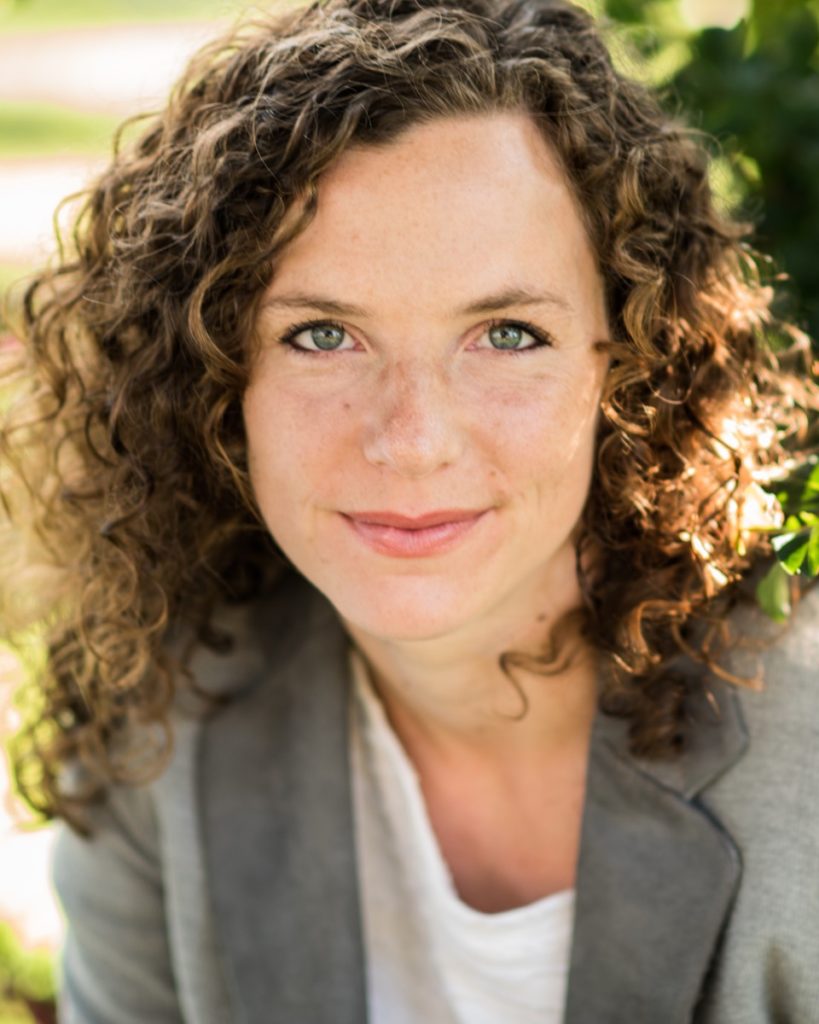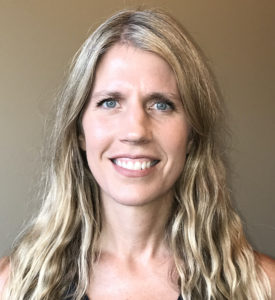
Andrew Davison is the Starbridge Associate Professor in Theology and Natural Sciences at the University of Cambridge, where he has recently been working with a group of scientists to set up the new Leverhulme Centre for Life in the Universe. He is a fellow of Corpus Christi College. His work lies at the intersection of theology, philosophy, and natural science. His books include Participation in God: A Study in Christian Doctrine and Metaphysics, and Why Sacraments? His Astrobiology and Christian Doctrine will be published by Cambridge University Press in May 2023.
HPS and Science-Engaged Theology: Past and Future
Despite the rhetoric of a conflict between science and religion, an interdisciplinary exchange between theologians and scientists has continued down the centuries, often in a deeply philosophical register. Indeed, until the past couple of centuries, many prominent scientists often also wrote on theological matters. Beginning with an appreciation of HPS from my perspective as an historical and philosophical theologian, this paper will first assess exchanges between theology and science over recent decades. I will then consider some of the characteristic features of work between theology and science at the present time, taking in both research and education.

Mary S. Morgan is the Albert O. Hirschman Professor of History and Philosophy of Economics at the London School of Economics. Her research interests include: history, philosophy and sociology of science, focused on economics and statistics, models, measurements, experiments, observations and ‘travelling facts’. Her current work is focused on three themes. One is the function of narratives in the sciences, with a forthcoming (joint) edited volume Narrative Science: Reasoning, Representing and Knowing since 1800 (CUP 20220); this is the outcome of a large European Research Grant (2016-21). The second is a critical analysis on the various ways of measuring economic activity, the history of such numbers, and their usage in both academic and public domains. This joins with her third focus investigating ‘performativity’: the ways in which economic ideas and technologies of governance have reshaped economies in the world over the last century.

Julia R.S. Bursten is an Associate Professor of Philosophy and affiliate faculty in Gender and Women’s Studies at the University of Kentucky. Her research explores the mechanics of scientific knowledge in oddball and under-explored sciences, like nanoscience and agricultural science. She writes for both philosophical and scientific audiences, and her work has been published in journals including Nature Nanotechnology, Philosophy of Science, and Studies in the History and Philosophy of Science. She grew up in Ohio as an avid 4H-er and continues to spend as much time on the farm as she can to this day.
Investigating Agricultural Scientific Knowledge Through Agricultural Extension Work
American agricultural extension work is a unique form of scientific effort: it is codified in the laws of the United States; it is explicitly designed to improve communication between institutionally-grounded expertise and the U.S. public; and it is largely centered on agricultural interests. It is also inherently a knowledge-making and knowledge-transmitting practice. So, what does scientific knowledge look like in agricultural extension work? And how does it compare with, and challenge, commonly-held views about what scientific knowledge should be? I don’t yet know all the answers to these questions, but I am in the midst of figuring them out. In this talk, I introduce the historical and philosophical background to my current NSF-funded fellowship project on the epistemology of agricultural science, focusing on questions around the role of extension work in shaping agricultural scientific knowledge.

Catherine Kendig is Associate Professor in the Department of Philosophy at Michigan State University. Her research explores the normative and metaphysical commitments that underpin and inform diverse classification systems including those used in synthetic biology, ethnobiology, and agriculture. She is editor of the collection of interdisciplinary essays Natural Kinds and Classification in Scientific Practice (2016 Routledge) which explores the role of kind-making or ‘kinding’ in the work of scientists. She serves as Associate Editor of the journal History & Philosophy of the Life Sciences, Co-Editor of the series “History of Philosophy and Science” (De Gruyter). Kendig earned her Ph.D. in Philosophy from the University of Exeter, ESRC Center for Genomics in Society and her MSc in Philosophy and History of Science from King’s College London. Her research has been supported by the National Science Foundation and the United States Department of Agriculture, National Institute of Food and Agriculture.
A case for normative agricultural metaphysics: How food and production standards operate as ontology-making practices
Agriculture is defined normatively and as such, is an area of research and practice where values are an inextricable constituent of research, where facts and values elide, and normative constraints generate new categories. While discussions of normativity are part and parcel within agricultural ethics and play a prominent role in ethical discussions, I suggest that other areas of agricultural philosophy such as agricultural ontology present valuable case studies for integrated history and philosophy of science. Three mini case studies illustrate how products are classified, graded, and measured to illustrate conceptions of existence, causal relationships, and practice-oriented notions of category-making that are distinctive of agricultural practice. Integrating HPS and practice-oriented approaches, I show how agricultural products like eggs, peanut butter, and canola oil are constituted by prescribed standards, (e.g., AA eggs and double-zero canola), that define not only the product, but also the activities related to its production. While many ontological and epistemic objects are discussed within integrated HPS, I show how agricultural standards and the process of standardization offer particularly valuable exemplars of ontological objects of assessment whose parameterization is normatively defined. Standards begin as prescriptions of how producers should interact with their products but later constitute these activities such that the standard becomes a description of them.

Hannah Zeavin is an Assistant Professor at Indiana University in the Luddy School of Informatics. Additionally, she is a visiting fellow at the Columbia University Center for the Study of Social Difference. She is a scholar, writer, and editor whose work centers on the history of human sciences (psychoanalysis, psychology, and psychiatry), the history of technology, feminist STS, and media theory. Zeavin’s first book, The Distance Cure: A History of Teletherapy is now out from MIT Press, with a Foreword by John Durham Peters. She is at work on her second book, Mother’s Little Helpers: Technology in the American Family (MIT Press, under contract), which was awarded the 2021 Brooke Hindle Fellowship from the Society for the History of Technology. Other academic work has appeared in or is forthcoming from differences: A Journal of Feminist Studies, Technology and Culture, American Imago, Media, Culture, & Society, and elsewhere.
Hot and Cool Mothers: History of Science in Media Studies
From the mid-1940s until the 1960s and beyond, class, race, and maternal function were linked in metaphors of temperature in pediatric psychological studies of Bad Mothers. Newly codified diagnoses of aloof “refrigerator mothers” and overstimulating “hot mothers” were inseparable from midcentury conceptions of stimulation, mediation, domesticity, and race, including Marshall McLuhan’s theory of hot and cool media, as well as maternal absence and (over)presence, echoes of which continue in the present in terms like “helicopter parent.” Whereas autism and autistic states have been extensively elaborated in their relationship to digital media, this talk attends to attributed maternal causes of “emotionally disturbed,” queer, and neurodivergent children. The talk thus elaborates a media theory of mothering and parental “fitness”.